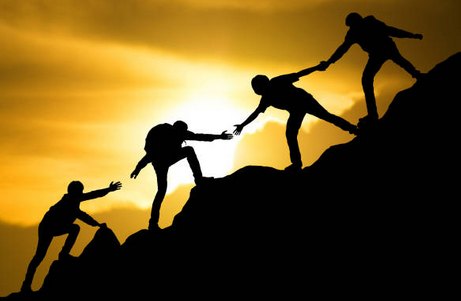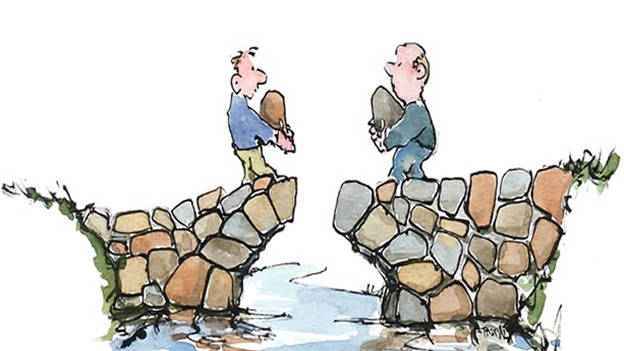Hi survivors!
Today we will explore two language differences: Coaching vs Agile Coaching.
Let's try to answer basic questions about this dilemma... These are hard questions, and I will try to provide short answers, and leave you the door open to your own investigation and experimentation.
I want this blog post to be an invitation for you, to explore and experiment in your own environment.
What is an Agile Coach?
Lyssa Adkins was one of the first to use this name for such a "role" in an organization game.

She found out someway, that to use the "coaching as strategy" for cultural change in agile transformations, was one of the key elements for success.
In his work defined that an "Agile Coach" plays 4 different strategies to facilitate learning processes in this transformation processes: Training, Mentoring, Coaching and Facilitating.
- Training is to learn by doing practices and methods that has some proven effectivity.
- The Teacher has more "knowledge" about the content.
- Mentoring, is assisting to improve based on having a big and deeper experience on the practice field.
- A Mentor has more "experience" on similar fields.
- Facilitating, is like moderation. Is to follow some format, method to assist and enable the right flow of a meeting or conversation. (Meetings moderation, workshops)
- A Facilitator can moderate a debate following some "structure" to enable results inside a defined time frame.
Ok, if Training, Mentoring and Facilitation brings knowledge, experience and structure... then...
What is Coaching?
- a relation to co-create possibilities
Where does coaching comes from?
Sports, and how the "inner game" affects performance.
Where does a coaching process focus to cultivate a change?
- Observer (Ontological coaching)
- the way of "being"
- Relations (Systemic coaching)
On what does a Coach focus to, in a coaching conversation?
- Language
- Emotions
- Body
What are some areas to work in a coaching relation?
- Learning
- Maturity
- Emotional Intelligence
- Social Intelligence
What has to do all this with Agile or agility?
Today and here we are talking about "Individuals and Interactions", and not about "processes and tools". In other words: Humans and Relations.
And, we are talking about how the Human nature, interactions and relations affects our "effective action capacity", what obviously will affect our "performance".
(yes, also profit)
To be, or not to be... effective. That's the question
I want to be like Google, Amazon...
As "Agile Coach", Do I must learn it?
Not at all. Even if its a "core" competence, I don't think its a "must", and not everybody would be interested or motivated to learn this discipline.



























